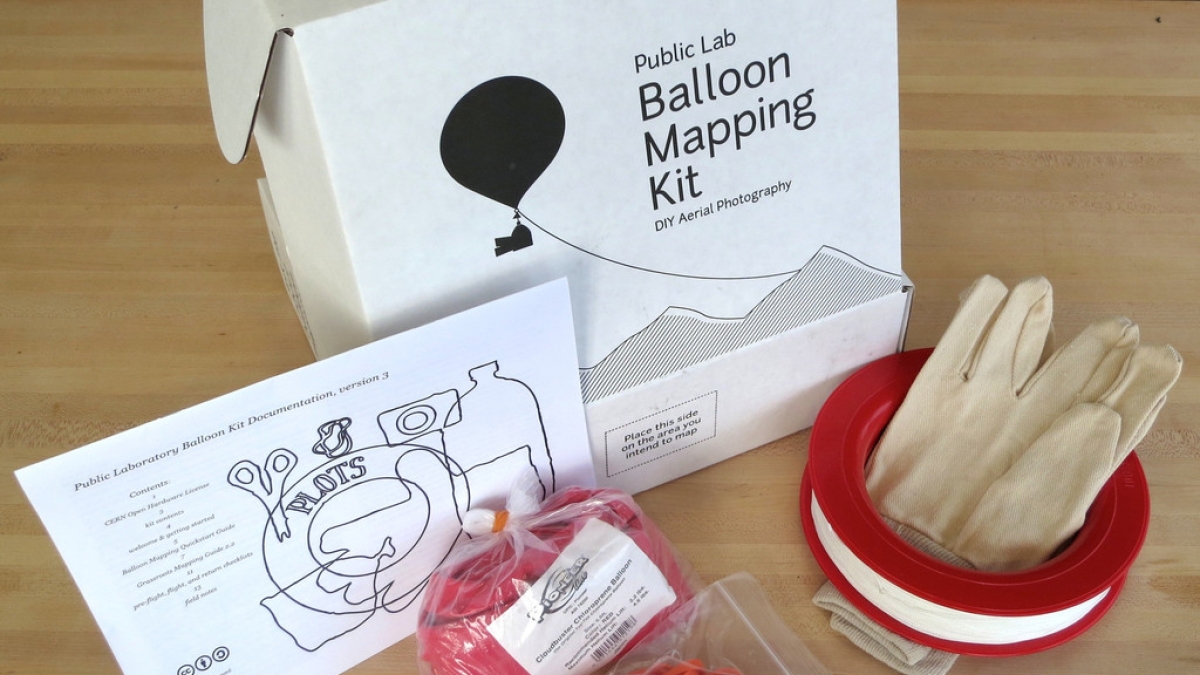New effort aims to increase citizens' access to scientific tools

As part of its fifth annual science fair, the White House will be highlighting several nationwide initiatives aimed at improving citizen science, including a new lending library, created through a collaboration between Arizona State University's Center for Engagement and Training in Science and Society, SciStarter, Public Lab and the Museum of Science Boston.
The library will allow citizen scientists to be able to borrow or buy low-cost scientific tools through SciStarter, greatly expanding their research quality and capabilities.
ASU professor Darlene Cavalier, a pioneer and leader in citizen science, has been invited to attend the White House Science Fair 2015. She founded SciStarter, a searchable database and active citizen science community that now has more than 1,000 citizen science projects. Through its partnership with Public Lab and other providers of related instruments and products, SciStarter will soon include buttons on project pages to buy or borrow low-cost tools needed for citizen science projects.
Public Lab, a nonprofit that develops open-source and low-cost environmental monitoring tools and techniques, began in response to the dearth of information available to the public after the 2010 BP oil spill in the Gulf of Mexico. They offer aerial mapping kits and tools to monitor environmental quality, such as those to assess water, air and plant health, among others. The SciStarter interface will soon include buttons for users to borrow or buy low-cost, calibrated science tools, providing citizen scientists easier access to tools that can improve and expand their environmental research.
“With Public Lab’s available tools, for example, a school could make a map of their campus and then layer on air quality, water quality, animal tracking, plant cycle changes or many other types of data,” said Cavalier. “They could basically create their own eco-encyclopedia of their campus.”
By integrating with SciStarter’s searchable citizen science project infrastructure, Public Lab will be able to greatly magnify its reach, making their tools and kits available to a much larger number of citizen scientists.
“SciStarter has demonstrated the capacity to provide more than 1,000 opportunities for citizens to engage in science projects. Now we’ll be able to provide the low-cost tools and instruments that will enhance their experience and improve their quality of data,” said Cavalier, who is faculty in the new ASU Center for Engagement and Training in Science and Society (CENTSS), where expanding citizen influence on scientific research and development is one of their primary goals.
“Development of a science tool lending library is a really important part of the democratization of scientific expertise,” said Ira Bennett, co-director of ASU CENTSS and assistant director of the Center for Nanotechnology in Society at ASU. “It enables everyday people to identify issues in their community, develop research projects around them and get access to the tools needed to do those projects.”
CENTSS is currently planning a conference and workshop to be hosted by ASU in the fall to bring together leaders in the maker community and the citizen science community.
“We’ll be bringing together citizen scientists working in their communities with people who have the ability to make low-cost tools that can be perfect for whatever scientific question a citizen is working to answer,” said Bennett. “The confluence of these two groups has allowed for new types of science to be done to help with local decision-making.”
Also supporting the CENTSS mission to “change the way we think, learn and talk about science and technology” is another SciStarter initiative, which, in collaboration with the recently formed Citizen Science Association, will align 500 citizen science projects with Science and Engineering Practices to better integrate citizen science with the STEM learning ecosystem. The White House will also be highlighting this program as part of its science fair.